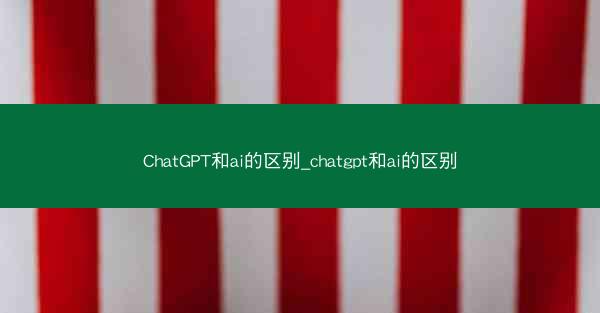
Introduction: The Era of ChatGPT and the English Dilemma
In the age of artificial intelligence, the landscape of language is undergoing a seismic shift. With the advent of ChatGPT, a revolutionary language model by OpenAI, the question of whether one should still write in English has become a burning topic. Is the rise of ChatGPT the death knell for the English language, or is it merely a catalyst for its global dominance? This article delves into the heart of this linguistic conundrum, exploring the implications of ChatGPT on English usage and the debate over the double 't' in 'Chat'.
The Dawn of ChatGPT: A Game-Changer
ChatGPT, a neural network-based model, has the uncanny ability to engage in human-like conversations. Its arrival has sparked a debate that transcends mere linguistic preferences—it's about the very essence of language itself. As ChatGPT continues to evolve, its impact on English usage is both profound and far-reaching. But does this mean that the traditional rules of English, including the double 't' in 'Chat', are now obsolete?
The English Dilemma: To Double or Not to Double?
The double 't' in 'Chat' has long been a point of contention among English speakers. Some argue that it's a holdover from the past, a relic of an era when English spelling was less standardized. Others maintain that it's a necessary part of the word to differentiate it from 'Chat', a word that does not have the double 't'. With the rise of ChatGPT, the debate has intensified. Is the double 't' still relevant in an AI-driven world where language is being redefined?
ChatGPT and the English Language: A Symbiotic Relationship
Contrary to the fears of some, ChatGPT and the English language are not adversaries but rather complementary forces. The AI model can help refine and standardize English usage, ensuring that the language remains accessible and relevant in the digital age. In this context, the double 't' in 'Chat' can be seen as a testament to the evolving nature of English. It's not a mistake but a reflection of the language's adaptability.
The Global Reach of English: A Double-Edged Sword
English's global reach is a double-edged sword. On one hand, it has become the lingua franca of the modern world, facilitating communication and collaboration across borders. On the other hand, it has raised concerns about cultural homogenization and the marginalization of other languages. With ChatGPT, the English language is likely to become even more pervasive, raising questions about the future of multilingualism.
The Role of AI in Language Evolution
AI models like ChatGPT play a crucial role in the evolution of language. They can analyze vast amounts of data to identify patterns and trends, helping us understand how language changes over time. This insight can be invaluable in shaping the future of English, including decisions about spelling, grammar, and usage. In this light, the double 't' in 'Chat' might not be a relic but a sign of the language's dynamic nature.
Conclusion: The English Language and the Future
As we stand at the precipice of a new linguistic era, the question of whether to write 'Chat' with a double 't' is just one of many challenges facing the English language. With the advent of ChatGPT, the language is poised for significant changes. While some may mourn the loss of traditional spelling rules, others see it as an opportunity for innovation and growth. The future of English, and its relationship with AI, is a complex tapestry of change and continuity. Whether we choose to double the 't' or not, one thing is certain: the English language will continue to evolve, shaped by the forces of technology and human ingenuity.





















